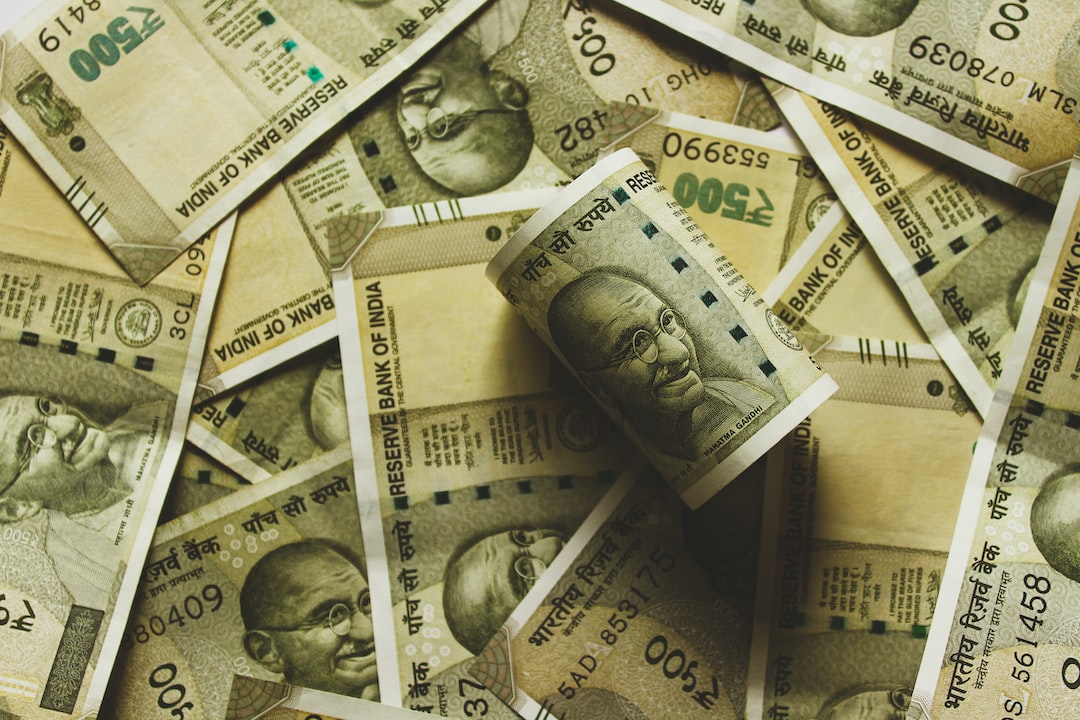The foreign exchange market, also known as forex, is one of the most significant financial markets globally, with an average daily volume of around $6.6 trillion. Forex is a decentralized market that operates 24 hours a day, five days a week, and is constantly changing. In this article, we will explore what forex is and what we can expect from it in the future.
Forex is a global marketplace where individuals, financial institutions, and governments exchange currencies. It is the largest and most liquid market in the world, with a daily trading volume that surpasses the stock market’s volume. Forex trading is conducted electronically, and traders can access the market from anywhere in the world through the internet.
The forex market is affected by various factors, including economic indicators, political events, and central bank policies. These factors can cause fluctuations in currency prices, creating opportunities for traders to profit from the market’s movements.
In the future, the forex market is expected to continue to grow and evolve, driven by advancements in technology and changes in global economic conditions. Here are some of the key trends that we can expect to see in the forex market in the coming years:
1. Increased Use of Artificial Intelligence and Machine Learning
Artificial intelligence and machine learning are already being used in the forex market to analyze market trends, identify trading opportunities, and manage risk. As these technologies continue to advance, we can expect to see them play an increasingly important role in forex trading.
AI and machine learning algorithms can process vast amounts of data in real-time, allowing traders to make more informed decisions quickly. This could lead to more efficient and profitable trading strategies, as well as improved risk management.
2. Greater Emphasis on Risk Management
Risk management is a crucial aspect of forex trading, and traders are increasingly focused on minimizing their exposure to market volatility. As a result, we can expect to see more advanced risk management tools and techniques being developed and used in the forex market.
These tools could include automated stop-loss orders, which automatically close out a trade if it reaches a predetermined loss level. Traders may also use more sophisticated hedging strategies to protect against adverse market movements.
3. Continued Growth in Retail Trading
The forex market has traditionally been dominated by institutional players such as banks and hedge funds. However, in recent years, there has been a significant increase in retail trading, with individual traders and small investors accessing the market through online platforms.
This trend is likely to continue, driven by the increasing availability of online trading platforms and the democratization of financial markets. As more people gain access to the forex market, we can expect to see increased competition and innovation in the retail trading space.
4. Greater Regulatory Scrutiny
As the forex market continues to grow and evolve, regulators are likely to increase their scrutiny of the industry. This could lead to tighter regulations and greater oversight of forex brokers and traders.
While increased regulation may initially be seen as a negative development by some traders, it could ultimately lead to a more stable and transparent market. This, in turn, could attract more institutional players and investors to the market, further driving its growth.
In conclusion, the forex market is a dynamic and constantly evolving industry that is expected to continue growing in the coming years. Traders can expect to see advancements in technology, greater emphasis on risk management, increased retail trading, and greater regulatory scrutiny. While these changes may present challenges, they also present opportunities for traders who are willing to adapt and evolve with the market.





